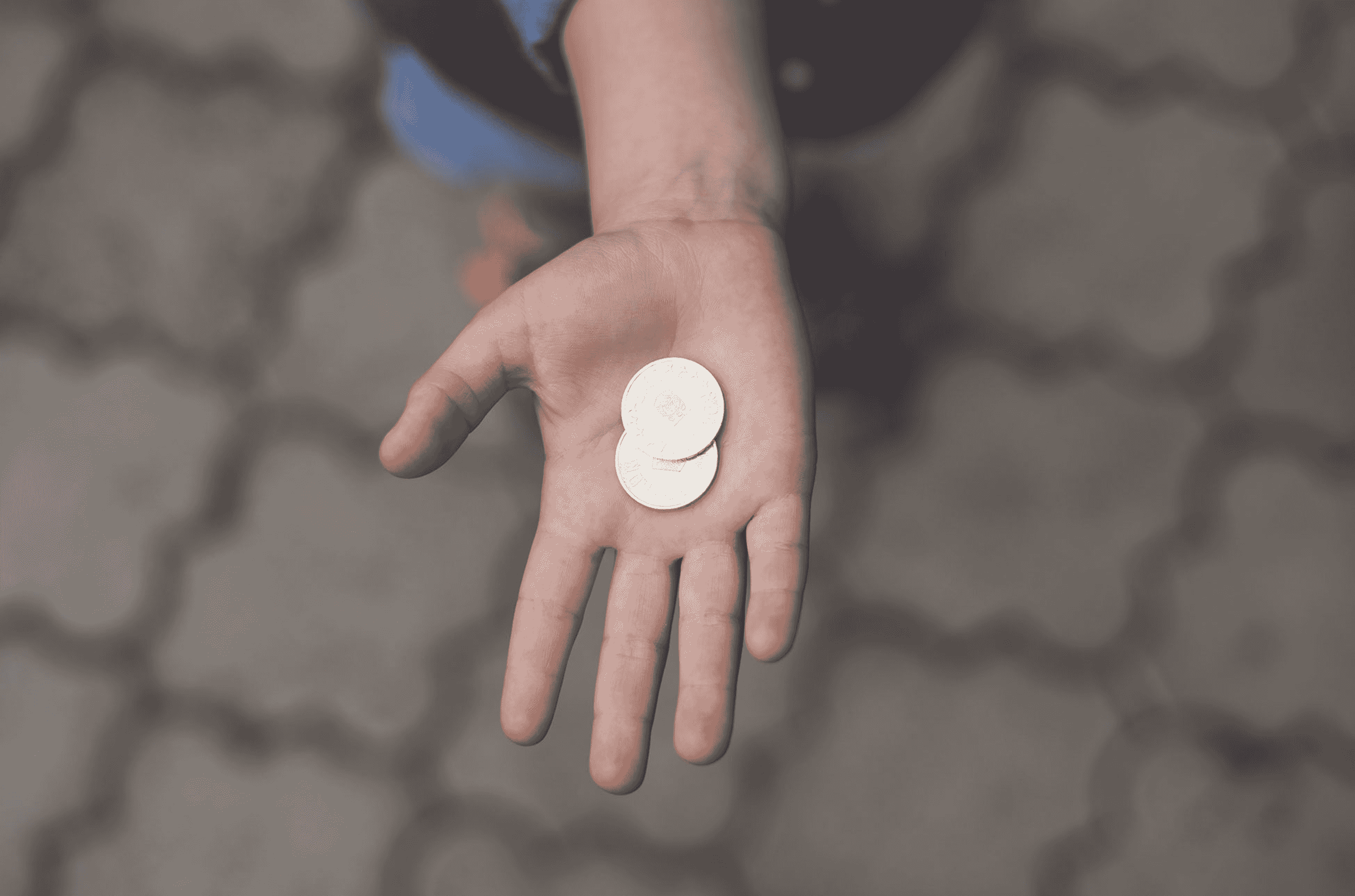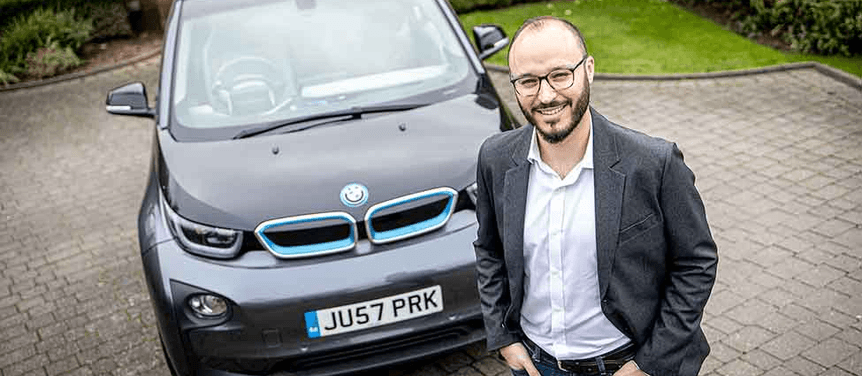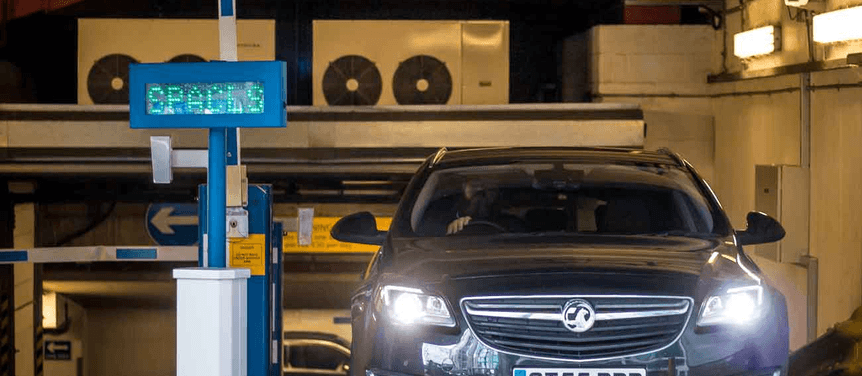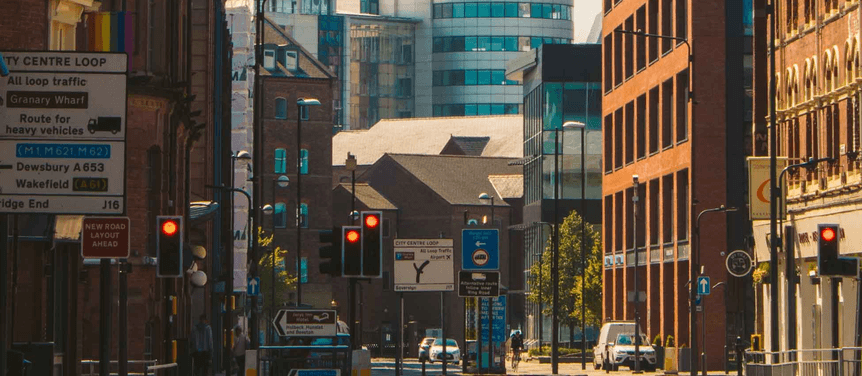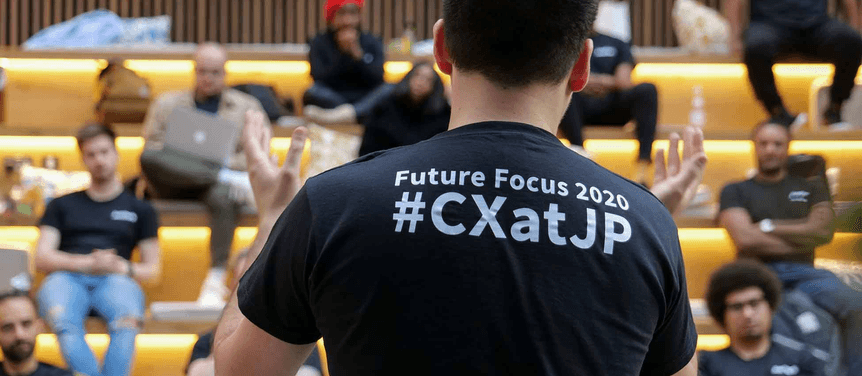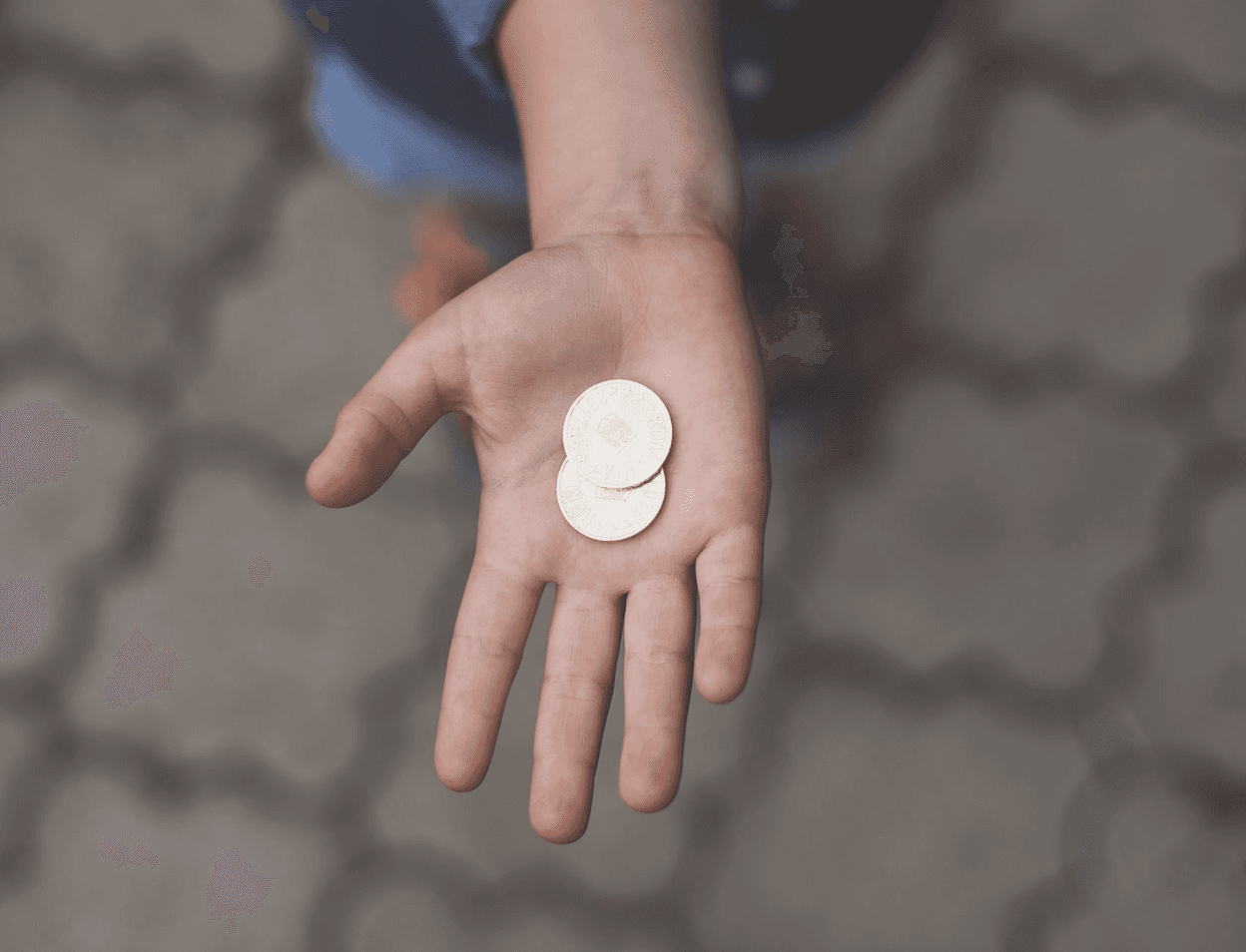
Have we seen the last of real money in your pocket?
The impact of Covid-19 has been immense and may have long lasting effects on the use of physical money.
The impact that Covid-19 has had on society has been immense and wide ranging and whilst not forgetting the tragic situations many people have had to face, there are other changes that will have lasting effects in many areas of our lives.
The use of physical money is one such example of a change in the way we now live our lives. Ask yourself, how often do you now use hard cash to buy anything?
Of course, some people will still want to use cash because they are not natural early adopters and there is a trust issue. But for many of us, we have now got used to using bank cards for contactless payments and with Covid-19 seemingly here to stay for a while, this isn’t going to change in the near future.
So has this now become the normal default way to pay for our everyday needs?
People are now massively aware of the health implications of touching items that have been in wider public circulation, such as cash or PIN machines. Which means contactless payments have the obvious benefit of not needing to handle notes or coins, a clear safety point for avoiding any type of illness, including Covid-19.
Even before Covid-19 hit our societies, the use of cash was declining. According to the FT.com in 2019, the use of cash to pay for transactions fell by 15% and the use of cards increased to 51% of all transactions. It’s the first time that card payments have overtaken cash as the preferred method of payment. All of this was before the pandemic accelerated the need for safer payment methods and cash machine transaction volumes fell by as much as 62% according to LINK who operate the national network.
Does this mean society has fundamentally changed how we pay for things?
Contactless payments have been around for a few years now and are not a new thing.
In the parking world - no matter if you are a direct manager of a car park or operate one as part of your wider business (e.g. hotels or education campuses), contactless has long been available as a way to pay for parking, but because of the need to connect to a live payment system, this is typically still used as an option that requires a physical payment machine - either in the car park or at a desk.
As with anything new, this way of paying took a few years to gain momentum but today, most car parks will offer more than just cash as a way to pay for parking. This is a good start in a post Covid-19 world, but more can be done.
The more progressive car parks are increasingly looking to new technologies to help drivers pay for their parking. Using an app on the driver’s phone to pay for parking seems to be the next logical step after people become used to, and happy to use, their card for contactless payments.
Using an app means the driver doesn’t need to have any cash or cards on them, but also they don’t have to interact with any physical mechanisms outside of their own phone. Which ultimately removes external touchpoints when they are in a public car park location. It also speeds up the actual parking process and allows drivers to pre-book spaces (less time looking for a space) and exit in a quicker fashion.
Other benefits are available for those running a car park
Using cashless technologies has benefits for the car park manager or operator too. There is no need to invest in payment machines in situ. Which removes the need for onsite machine maintenance and monitoring. There’s no need for the supporting communications infrastructure and it removes the costs and safety issues of having to collect money from machines.
There is also no need to develop your own app for this kind of solution. Choosing a company that has a history in creating cashless payment apps and has developed a back end operating system means there can be a speedy adoption of the new system. There is also the provision of third party credibility which will also help users feel more comfortable adopting and paying for parking without any physical proof to reassure them all is ok.
This is where cashless payment companies such as us come into our own. With easy adoption and set up, the JustPark back office systems are proven to easily integrate with existing operations and the back office procedures that car park owners and operators already have in place. Making the switch over is very easy to do.
With the public's adoption of cashless payments rapidly gaining pace, the operational and now the added health benefits means bringing cashless payments to a car park operation is becoming an increasingly obvious and almost necessary choice to make.
So it feels like the impact of Covid-19 alongside technology that the public are getting more and more used to, means that the ‘new normal’ way of paying for things, including parking, will be cashless.
In a few years’ time we may all be viewing real money as something we used to have in our pockets.
